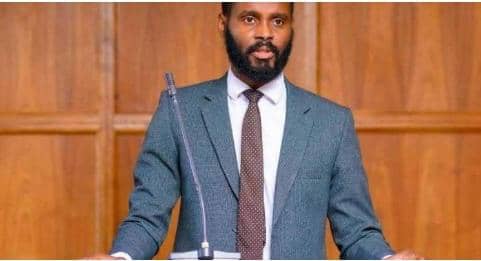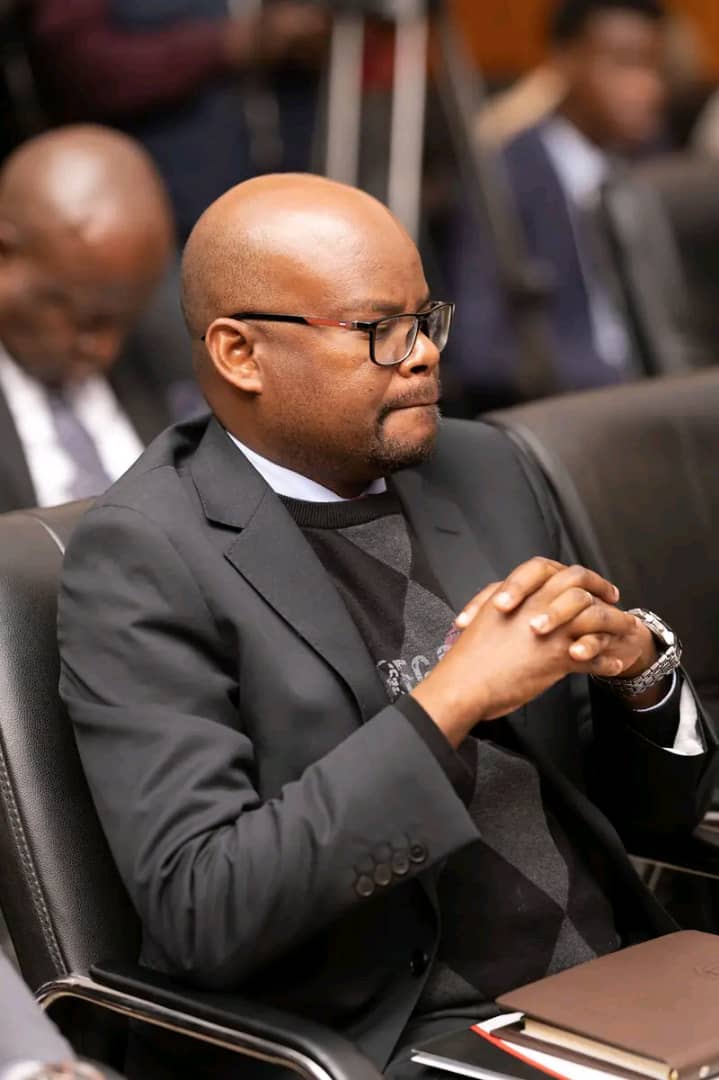By Burnett Munthali
In a landmark ruling, Malawi Supreme Court of Appeal Judge, Justice Dorothy Nyakaunda Kamanga, has found private practice lawyer Alexious Kamangila guilty of perjury. The verdict was delivered on September 16, 2024, following a case in which Kamangila, representing a murder convict, fabricated facts and lied under oath.
Kamangila was defending Wyson Big Bannet, who, along with Myson Viera Chizizira, was convicted of murder in 2013. The case had been tried by the late High Court Judge, Justice Joseph Manyungwa, but the judgment against Bannet remained pending after Justice Manyungwa’s death in 2013. Bannet and Chizizira had committed the crime in 2007, with the judgment for Bannet only delivered in 2018.
In her ruling, Justice Kamanga addressed the lengthy delay in the trial process, acknowledging that the period between the judge’s passing and the eventual reassignment of the case was justified. However, she heavily criticized the defense lawyers for their inaction after the judgment was delivered in 2018. Justice Kamanga noted that both the prosecution and defense had been instructed to file submissions for a plea to mitigate the sentence, but these submissions were never made despite numerous reminders from the court.
The judge pointed to the defense’s delays as “professional negligence” and accused them of deliberately stalling the sentencing process. As a result, Bannet, who had been convicted in 2018, was sentenced to 36 years in prison, with the sentence to start from the day of his arrest.
Justice Kamanga reserved her harshest criticism for lawyer Alexious Kamangila, condemning his dishonest actions and unprofessional conduct. According to the ruling, Kamangila exploited the death of Justice Manyungwa and the delays in reassigning the case to file misleading applications for Bannet’s release from custody. In one of his affidavits, Kamangila falsely claimed that Bannet was still awaiting judgment, despite the conviction being delivered in 2018 in his presence and that of his legal practitioner.
Justice Kamanga described Kamangila’s attempts to undermine the judiciary as an “act without diligence,” aimed at misrepresenting the facts to sway public opinion and judicial processes. She accused Kamangila of engaging in “perjury in paragraphs 9 to 13” of his sworn statement, filed on July 12, 2022. Kamangila had fabricated facts to portray his client as a long-term remand prisoner rather than a convicted murderer awaiting sentencing.
In her ruling, Justice Kamanga expressed concern over what she described as a growing trend of publicity-seeking behavior among certain members of the legal profession, particularly within the Malawi Law Society. She emphasized that legal practitioners have a responsibility to uphold the law, and that any exploitation of litigants’ cases for personal or public gain undermines the integrity of the justice system.
She also warned of the risks associated with legal practitioners making sworn statements on behalf of their clients without fully understanding the case’s background. In Kamangila’s case, his failure to follow proper procedures led to him fabricating evidence and swearing false statements, both of which carry significant legal consequences.
Kamangila now faces the prospect of severe penalties for perjury and fabricating evidence. According to Malawi’s Penal Code, perjury in a written statement is punishable by up to seven years imprisonment under Section 102. Fabricating evidence, as outlined in Section 105, is also punishable by seven years in prison, while false swearing before a commissioner for oaths carries a maximum sentence of two years under Section 106.
Justice Kamanga emphasized that Bannet still retains the right to appeal both the conviction and sentence, but the implications for Kamangila’s professional conduct remain grave. This case underscores the importance of adhering to legal procedures and upholding ethical standards in legal practice.
About the Author
Burnett Munthali is a political and legal analyst who writes on contemporary issues in Malawian law and governance. He contributes insightful commentary on key court rulings and legal developments.




